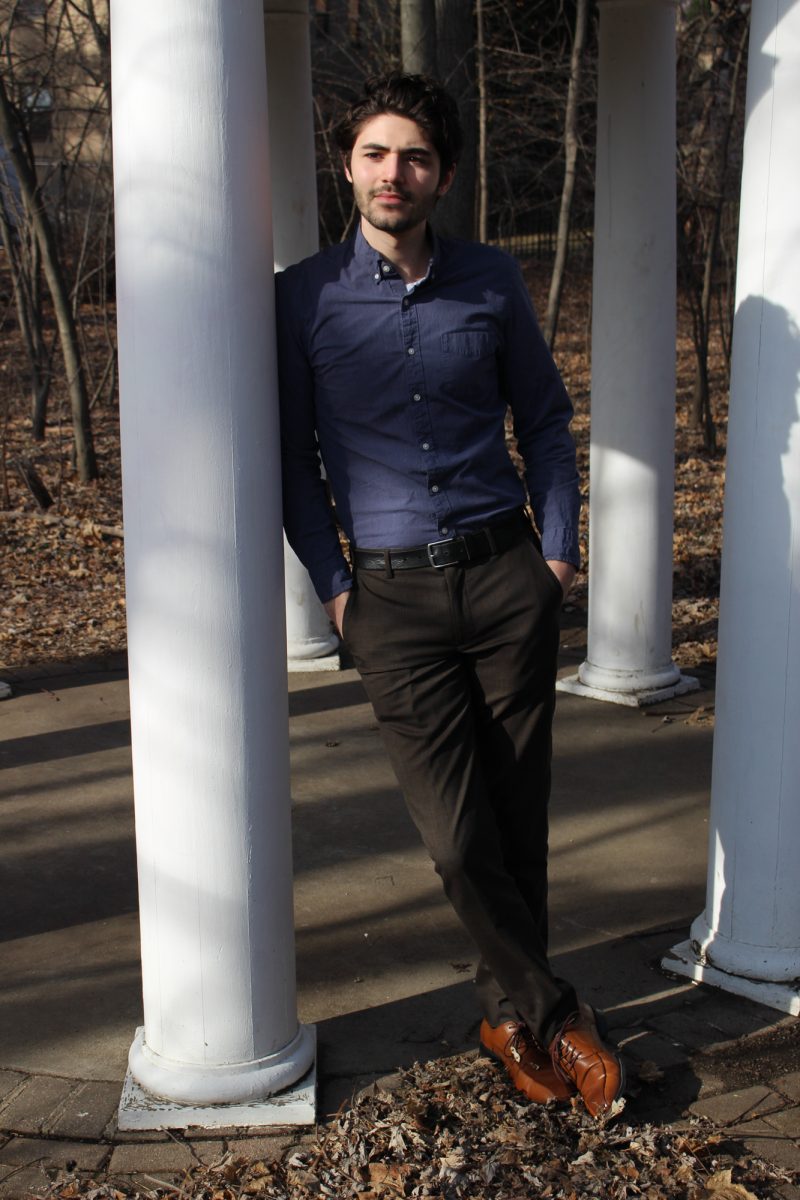At a faculty-student banquet the other week, one of the professors sitting near me was talking to another professor about his (now apparently controversial) son who attends Boston University.
The son had recently moved into an apartment that was 10 minutes away from his parents’ house.
“He really seems to like it,” said the son’s father.
“All except for the laundry and the vacuuming, right?” laughed the other professor.
With a look of complete seriousness, the professor replied, “You must be joking. We still do all his laundry.”
But don’t worry, gentle readers: This phenomenon isn’t limited only to our illustrious staff’s offspring. You too can be so lucky.
According to the U.S. Census Bureau, nearly 18 million adults from 18 to 34-years old live with their parents. That’s 25 percent of our entire age group. That’s ridiculous.
But not as ridiculous as the 48 to 66 percent of 2006’s college graduates that were expected to return home after commencement. The experts call them “boomerang kids.” I call them unsurprising.
In a July 2006 Boston Globe editorial titled “A Catered Generation?” we are called “the most-chaperoned, play-dated generation in memory.” They mock our lack of common sense and doubt our ability to become the “history makers” we are expected to become.
And yet, while the Globe is writing nasty editorials claiming we are unprepared and that “life is not a supervised activity,” we’re spending our freshman year living in closely supervised dorms not by choice, but because the university requires it and our parents wouldn’t stand for anything else.
What no one seems to be acknowledging is that it is really hard to act like an adult when nobody treats you like one.
When my parents talk about life immediately after college, they don’t talk about how tough it was trying to establish a fair curfew rule with my grandparents.
They talk about living off of peanut butter — not peanut butter and jelly sandwiches, but just plain peanut butter — for weeks.
They tell stories about apartments with cement floors and grates in the center, where cleaning consisted of spraying the kitchen down with a hose and watching the week’s grease trickle down the drain.
They laugh about writing checks and praying the time it took the banks to process them was longer than the time it took for them to deposit their paychecks from crappy retail jobs that hadn’t yet materialized.
But I get the sense that our parents don’t want that for us – I get the sense that our parents are all secretly hoping that we’re living lives as profound and confused and sexually perverse as Dustin Hoffman’s in The Graduate. I get the sense that they are more than willing to indulge us while we sit around, searching for ourselves.
But guess what? Growth comes out of struggle. If we’re going to learn anything important, we’re more likely to learn it while trying to pay off our credit card debts than while driving our parents’ red convertibles up and down the California coast.
If the baby boomers were truly upset by this trend, they could stop it. All it would take is the nerve to pack the welcome mat into storage and replace it with an apologetic smile accompanied by a free copy of the classifieds. We can’t move back home if our parents say we can’t.
Oh, but that’s so … cold.
Yeah. Yeah, it is. And so is reality. Paying your dues isn’t supposed to be fun. It’s supposed to be hard. It’s supposed to be the sort of thing you suffer through so that once you’re at Excelsior, sinking your teeth into your filet mignon, being careful not let the juices dribble down your chin in front of all your other accomplished colleagues, you can really appreciate it.
You’re supposed to be thinking: Man. This is so much better than peanut butter.
The key there is the “better than,” the place the steak (or if you’re a vegetarian, the gargantuan, gourmet stuffed-mushroom) has on your hierarchy of meals. The victorious euphoria of that moment does not exist without the demoralizing peanut butter entrées that preceded it.
We are robbing ourselves of our own defining life experiences when we let our parents continue to treat us like children. Which is not to say that we should suddenly refuse to let them pay for our tuition (although the few friends I have who are footing the cost of their own education are learning more than anyone I know); it’s just that we should be wary of asking too much of our parents because — if the statistical trends show anything — they’ll give it to us.
Can anyone blame us for exploiting our parents when they seem so eager to enable our laziness?
I am always instinctively looking for the easy way out, even if I consciously know it’s not necessarily the right way. But all of us, even me, even that faculty member’s son, will eventually have to decide if our self-respect is worth the Cup of Soups and bruised egos we’ll be nursing for the next five years if we decide to break out on our own.
I say it is. I say it’s worth every quarter the broken machines at the Laundromat eat. So, as tough as it is, don’t let your parents convince you that it’s acceptable for you to miss out on the hard part of growing up. You have the same chance of finding Katharine Ross at a family dinner party as at the Laundromat.
Just remember to stock up on quarters. And peanut butter.
Megan Steffen, a freshman in the University Professor’s Program, is a weekly columnist for The Daily Free Press. She can be reached at [email protected].













































































































